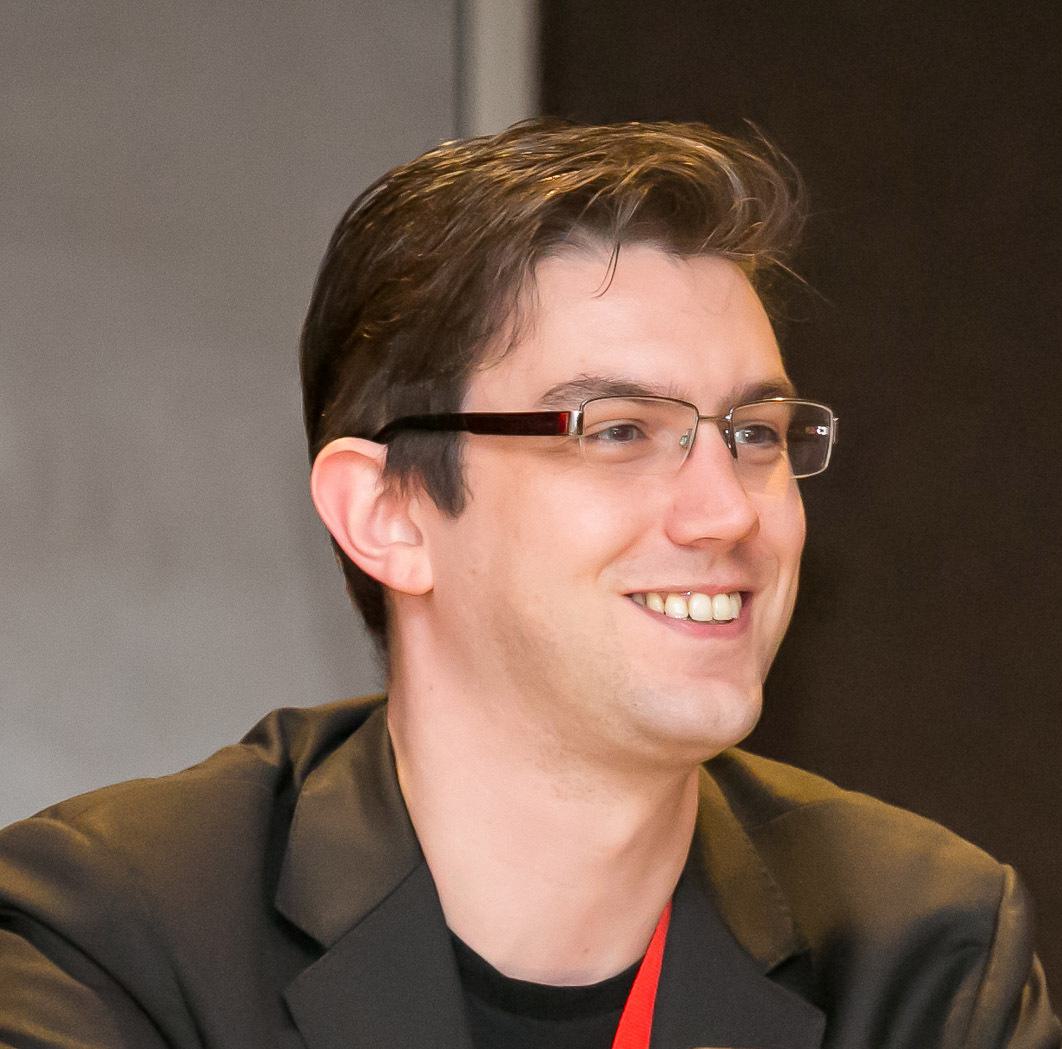Rebels on the Liffey: a trip to Ask Direct’s Fundraising Summer School 2018
On July 12th and 13th fundraising professionals from around the world flocked to Dublin for Ask Direct’s Fundraising Summer School, an event which has quickly become one of the most exciting and thought-provoking conferences you can have the pleasure to attend. And not just because of the Guinness. Lucky thing that he is, SOFII’s Joe Burnett was able to join and bring back his various thoughts on two excellent days on the Emerald Isle.
- Written by
- Joe Burnett
- Added
- September 13, 2018
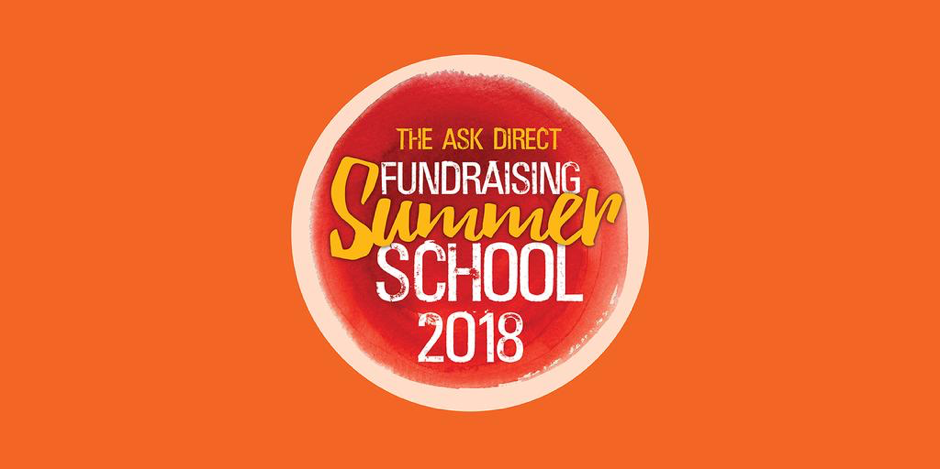
‘Bend that arc’
Ask Direct founder Damian O’Broin shouldn’t need any introduction for SOFII readers. You can check his inspirational IWITOT entry from earlier in the year here to see how he can galvanise, move and enthuse an audience and he did the same during his customary opening plenary. He started with an immortal quote from Matin Luther King, Jr.: ‘the arc of the moral universe is long, but it bends toward justice’. #BendthatArc became a theme of the entire conference, as did Damian’s call for all attendees to become ‘rebels witha cause’. What a theme.
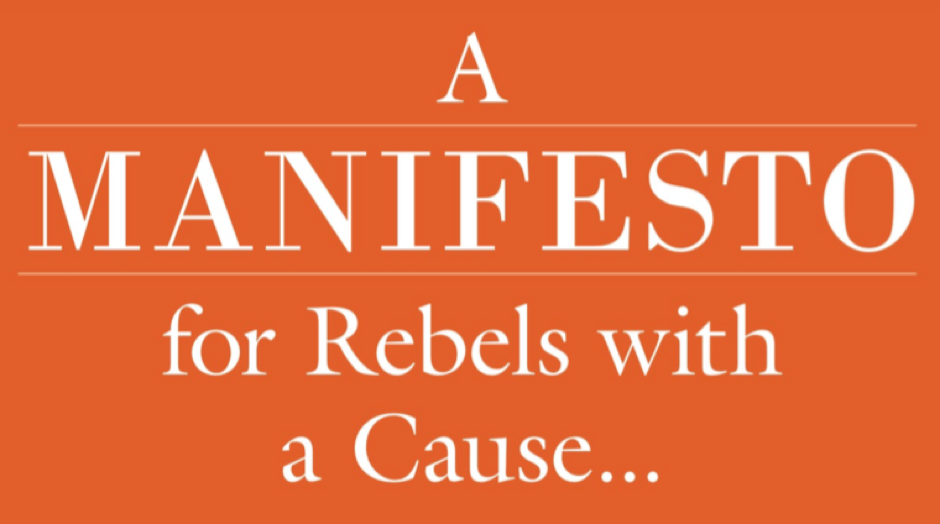
At the time I was already working on SOFII’s WoW! Project and there were many parallels I could draw between Damian’s rousing talk and the ideas being explored there. Ask Direct’s vision is one I believe all organisations should adopt:
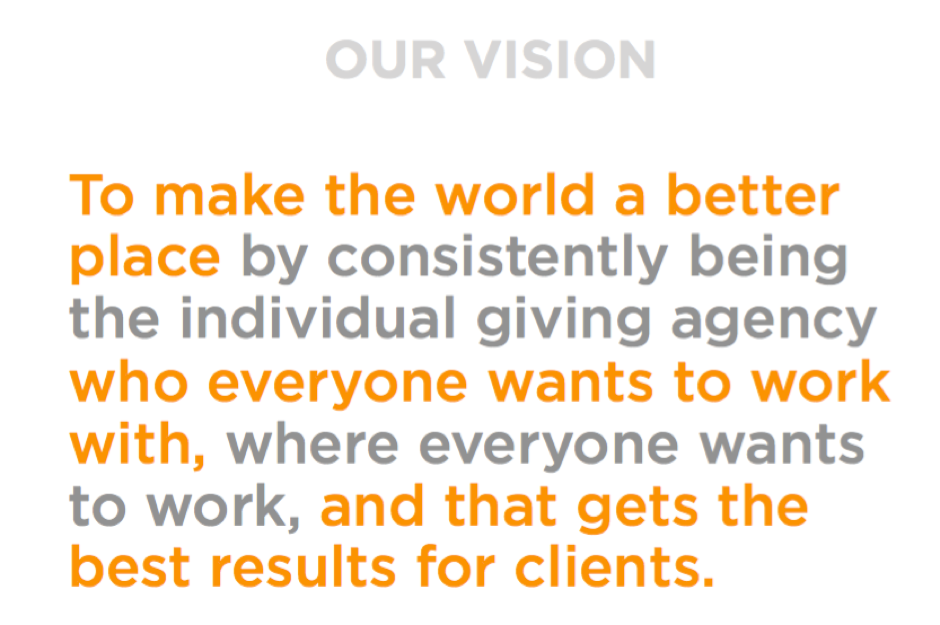
Damian outlined a series of key messages that should inspire all fundraisers to fulfil a vision like Ask Direct’s:
- ‘Small is not an excuse’.In addition to Irish fundraisers, there were several at the conference from similarly small markets, but Damian showed how this can be a force for thinking differently. He first took the example of a man called Fritz Maytag III, the father of modern microbreweries, who became owner of Anchor Brewing Company in California in 1965. Eschewing the standard business conventions, Maytag helped grow his company by focusing on quality at all times, even if his customer base was on the small side. He even turned down a takeover offer and helped his competitors along the way. Anchor flourished, and Damian believes small organisations can do the same when it comes to raising money. As he said ‘great charities are donor-sized’, so if you can connect with your donor you can be successful.
- Donors are less interested in what you can do than in what theycan do. Damian cited the excellent campaign by Abortion Support Network to add donors’ voices to their communications (you can read the case study on SOFII here) in which they asked donors why they supported ASN. For example, he cited the magnificent social media campaign of the Together for Yes movement to legalise abortion in Ireland that raised €303k in a day.
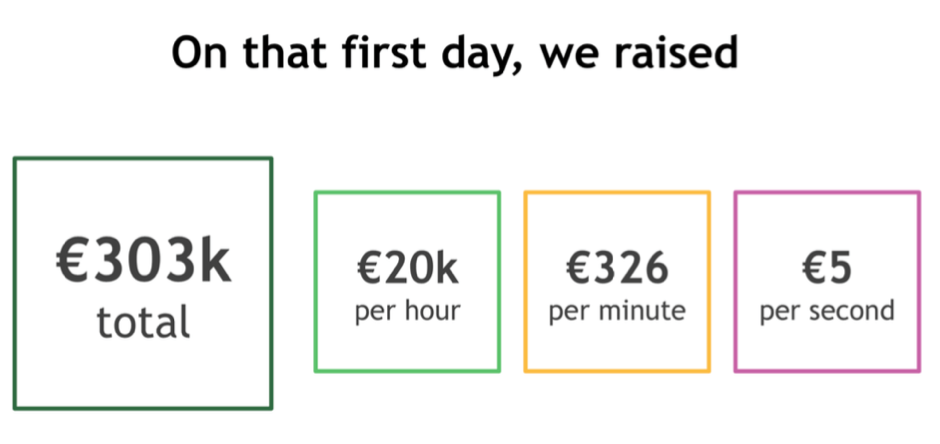
- ‘Learn the rules like a pro so you can break them like an artist’. The question of whether fundraising is a profession came up later in the conference but that line by Damian struck me as best summing up where fundraising is. Damian expressed his support for GDPR, citing an example of an organisation that asked him which American state he lived in, despite clearly contacting him in Ireland (Damian put California, home of Anchor Beer). By knowing what donors want and making sure that’s what you work from you can then move towards more flexible, even iconoclastic (back to Fritz Maytag III) approaches but only if you have the basics down pat (things like thanking, respecting wishes, etc). And what do donors want? Ask Direct surveyed nearly five thousand Irish donors and the below table would probably apply everywhere. I must say, it was part of a spirited defence of much-maligned GDPR.
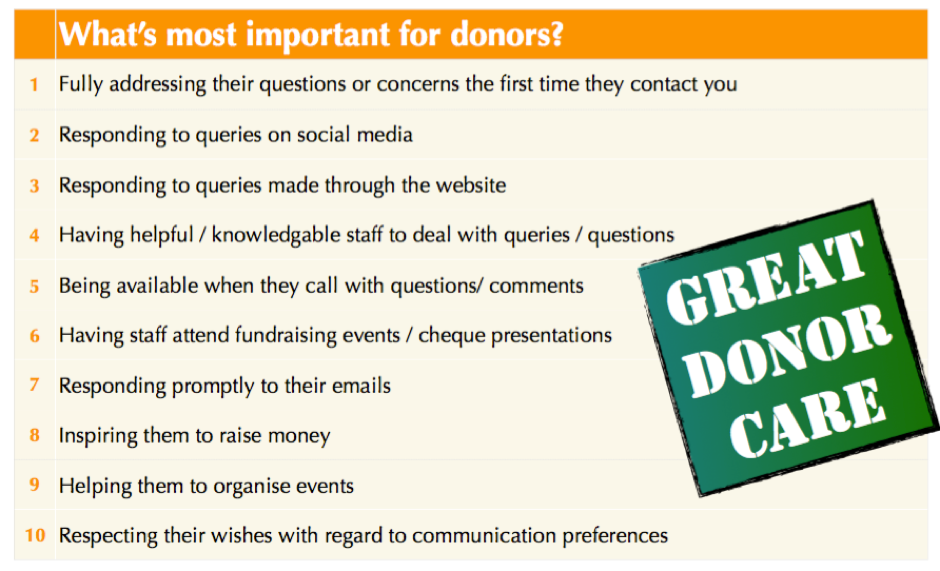
- ‘Keep selling hope’. Given the chaotic state of the world this line stood out like a beacon. Damian reminded us of the challenges we face. Homelessness in Ireland, like in the UK, is on the increase. Images of refugees stranded in the Mediterranean or of children separated from parents at the Mexico-US border make our hearts ache. And we tremble in fear as white supremacist marchers parade through US towns bearing torches. But Damian also exhorted attendees to embrace ambition as that is how fundraisers and charities can sell hope. ‘No matter how hard it is, confront the brutal facts but never lose faith’ Damian said. The examples of great practice he gave (which we intend to run on SOFII as case studies in the near future), the campaigns for equality Ireland over the last few years, the canny businessman with a passion for great beer, Ask Direct themselves and heroes from the past like Martin Luther King, Jr. all added up to present a picture of hope despite adversity.
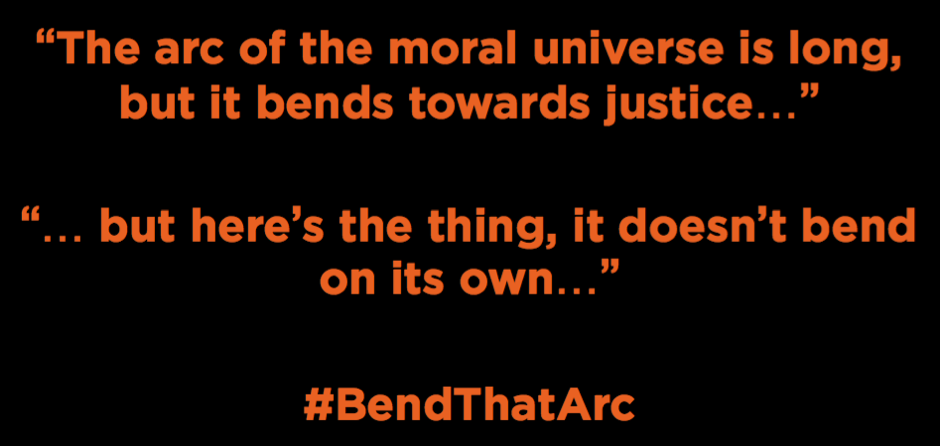
Is fundraising a profession?
In one of the most thought-provoking sessions of the two days, Ian MacQuillin of think tank Rogare asked the above question. Initially everyone in the room said ‘yes’ (except me, but I’d spoken to Ian the day before). By the end, I’m not so sure it was so unanimous. But the question was more detailed and nuanced than that.
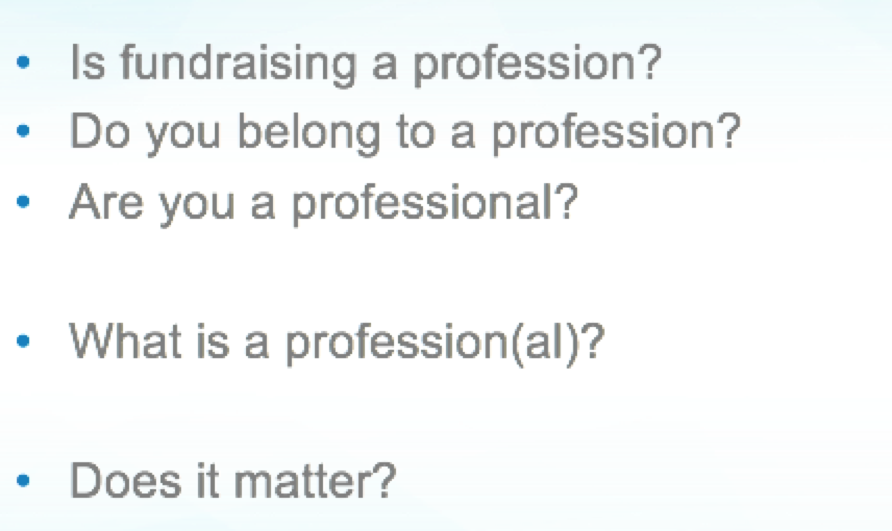
Ian quoted a number of top fundraisers who would also say that yes, fundraising is a profession:
“Are there any discernible patterns in how people progress in the fundraising profession? What do we need to do to bring fundraising in line with other professions?”
-Amanda Shepard, 2003
“Fundraisers are members of a profession that is one of the world’s most powerful catalysts for change.”
- Ken Burnett in Relationship Fundraising,2002.
But here are two definitions Ian raised of what a profession is, and he explored whether or not modern fundraising meets them:
“Adisciplined group of individuals who adhere to ethical standards and who hold themselves out as, and are accepted by the public as possessing special knowledge and skills in a widely recognised body of learning derived from research, education and training at a high level, and who are prepared to apply this knowledge and exercise these skills in the interest of others.”
Professions Australia
“An occupation based upon specialised study, training or experience, the purpose of which is to apply skilled service or advice to others, or to provide technical, managerial or administrative services to, or within, organisations in return for a fee or salary.”
Cheetham and Chivers 2005
In Ian’s view, and based on Rogare’s research, fundraising could be described perhaps as an emerging profession and differentiated between profession and trade.
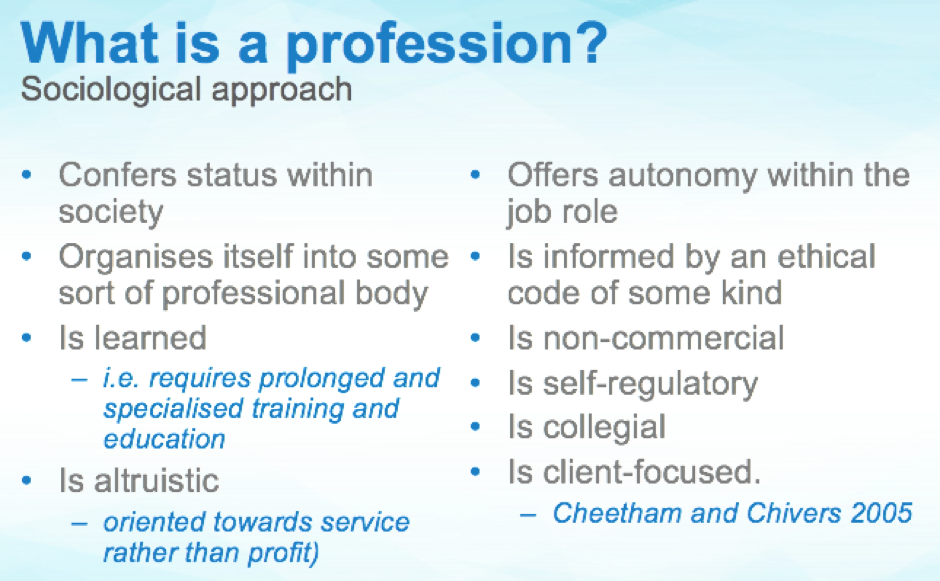
One key aspect Ian noted was the absence of formal training for fundraisers and a lack of an existing and adhered-to body of knowledge that all fundraisers can –and do- refer to. As is shown in the graph below, only twenty per cent of surveyed fundraisers received a formal education in the subject.
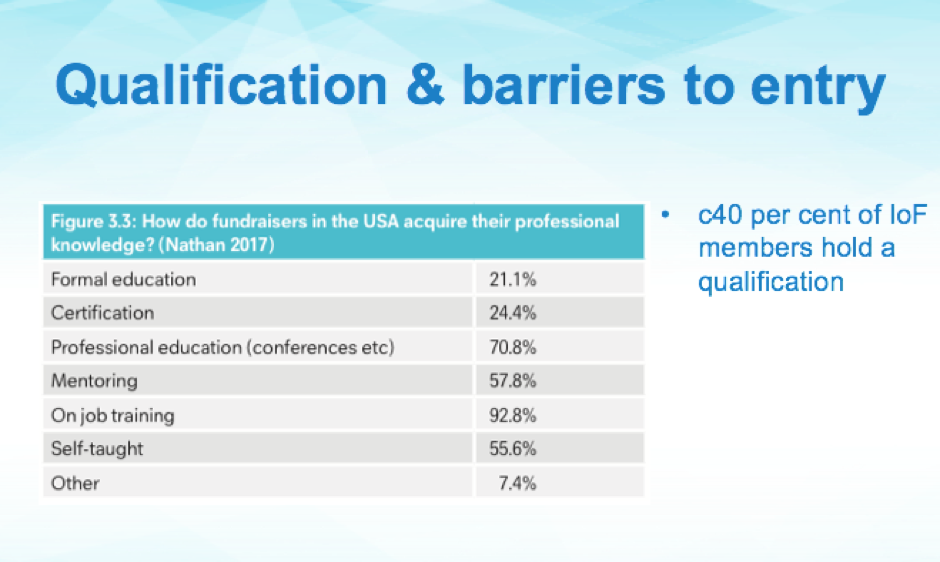
As Ian said, ‘formal knowledge of fundraising is not required to become a ‘professional’ fundraiser, neither is acquisition of that knowledge a requirement to continue to work as a paid fundraiser.’ He pointed out that we wouldn’t expect the same from a doctor or architect.
Ian also noted that unlike other professions, fundraising has become independently regulated. ‘Who are fundraisers’ clients? Donors or beneficiaries? Are the latter proxy clients? Do organisations seek advice from and listen to their fundraisers?’ He asserts that the fundraising regulator’s appointment in England and Wales means we have lost control of professional standards. And he believes we also need more books that address the ethics of fundraising according to Ian. There are dozens of them for marketing, but relatively few for our sector (he cited Relationship Fundraising by Ken Burnett and Donors for Lifeby Craig Linton and Paul Stein). You can read reviews of both books here (insert link)
Here are some of the special standards Ian believes fundraisers could set as requirements for the profession:
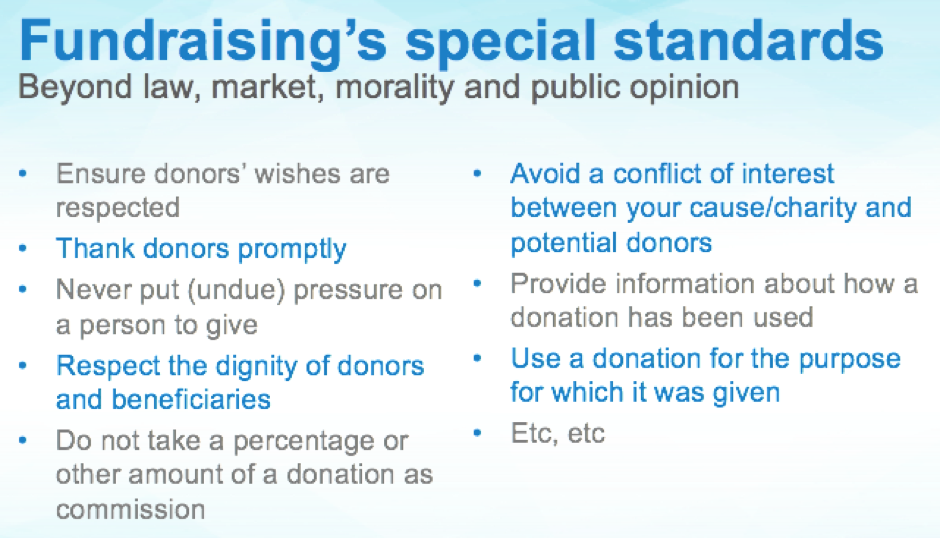
As you can see, there could be more, but the central question for professionals is ‘How can standards that go beyond what is required of an everyday morality be made morally binding on all members of a profession?’Ian also asserted that fundraisers should declare their membership of the profession and agree to act by the set standard.
Ultimately Ian’s answer to the question of ‘is fundraising a profession?’ was ‘Yes. Perhaps. Maybe’. But that is up to the fundraisers who will declare membership of the professionhood. Why should they? Being part of a profession imbues trust, legitimacy and status. And the philosophical approach should be ‘I am a fundraiser’ and not ‘I am not justa fundraiser’. And for whom do we professionalise? Not for the fundraisers of today but for those who want to become fundraisers in the future.
All that in one morning!
Do you agree with Ian? Or do you already consider yourself a professional fundraiser? How would you respond to his questions on that? Please let us know in the comments below or by e-mailing joe@sofii.org
We’ll be bringing more thoughts and ideas from Ask Direct’s 2018 Fundraising Summer School over the coming weeks. Stayed tuned if you want to hear about Jayne George's new ambition, how a panel of experts discussed telling powerful stories and Jeff Brooks’ hilarious and eye-opening exposé of really stupid ads.



